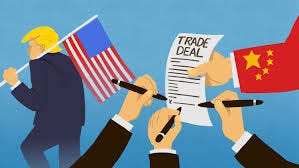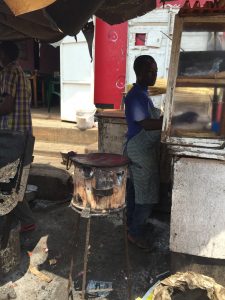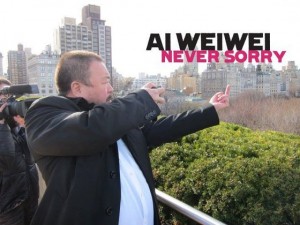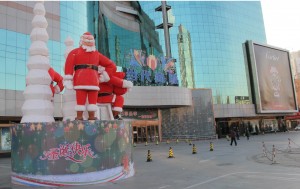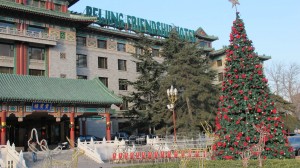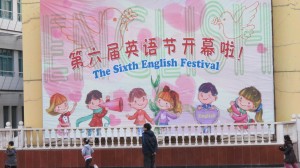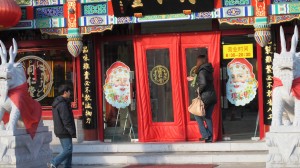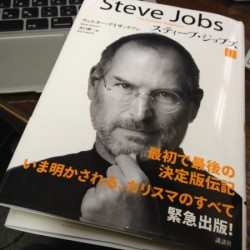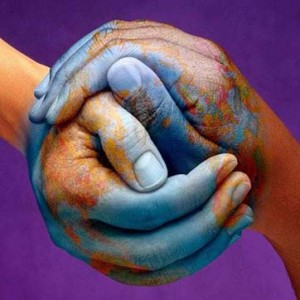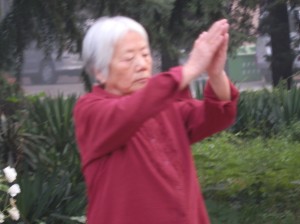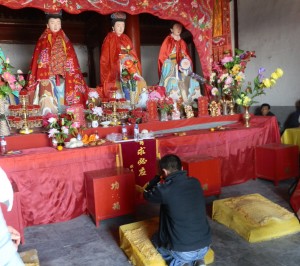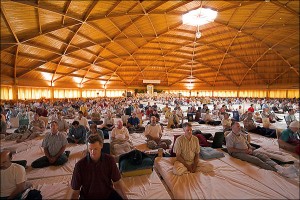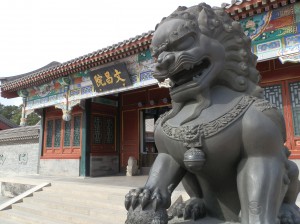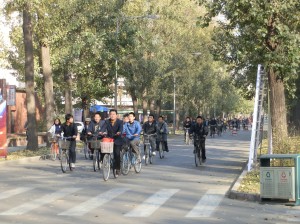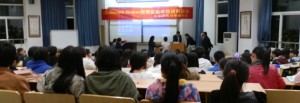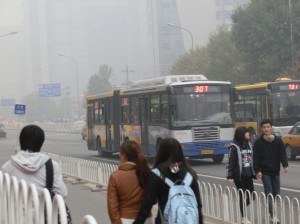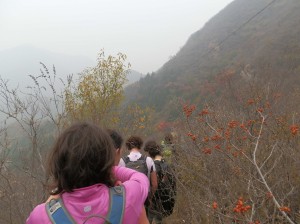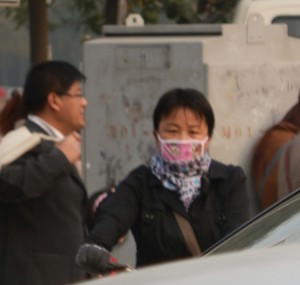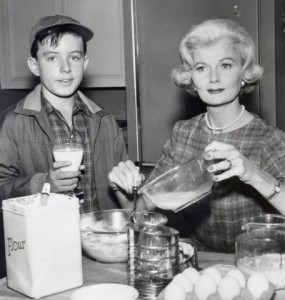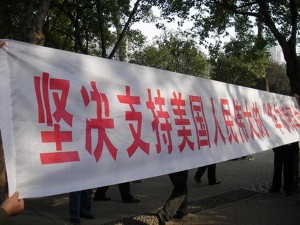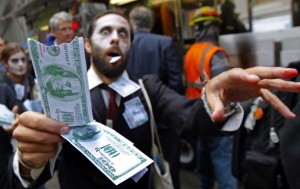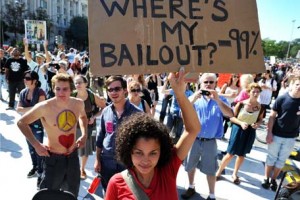Mark Twain might weigh in to the contrary
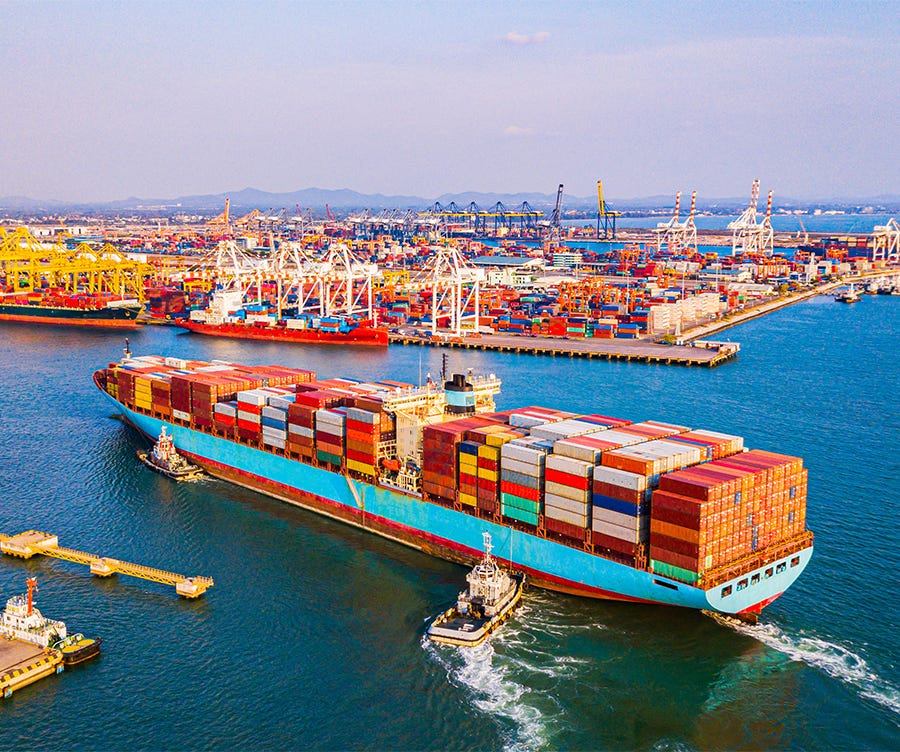
Ah, what is old is new again.
Consider the fast-expanding battle over free trade. A new piece in The Atlantic argues that a longstanding Washington consensus in favor of relatively unfettered global trade is dead. The author contends the view has been replaced by “a much older understanding of economics, sometimes referred to as ‘political economy.’”
Journalist Rogé Karma maintains in “Reaganomics Is on Its Last Legs” that the new consensus is more mindful of the costs of trade. “The basic idea is that economic policy can’t just be a matter of numbers on a spreadsheet; it must take political realities into account,” he holds. “Free trade does bring broadly shared benefits, but it also inflicts extremely concentrated costs in the form of closed factories, lost livelihoods, and destroyed communities.”
And he suggests that the new anti-trade view is bipartisan. “Congressional Democrats, many of whom vocally opposed Trump’s tariffs, have been almost universally supportive of the increases, while Republicans have been largely silent about them,” Karma writes. “Rather than attacking the tariffs, Trump claimed credit for them, telling a crowd in New Jersey that ‘Biden finally listened to me…’”
But is this really so? In fact, isn’t trade still growing – albeit more slowly and with a few new limits and some fresh political targets, particularly Russia and China? The Boston Consulting Group, in a report titled “Protectionism, Pandemic, War, and the Future of Trade,” predicts that world trade will grow 2.3% per year through 2031. Yes, this is less than the 2.5% projected for global economic growth, but it still represents gains.

And while there has been a slowdown in recent years – driven by geopolitics and COVID-19 – this year could see more than a doubling of trade over last year. “That’s according to the three major international economic organizations – the International Monetary Fund (IMF), the Organization for Economic Co-operation and Development (OECD) and the World Trade Organization (WTO) – which all forecast an uptick in global trade flows in 2024,” reports the World Economic Forum.
Wouldn’t it be more accurate to say that the consensus remains as President Reagan and his barrier-busting trade representative Clayton Yeutter set it, but that it’s been tweaked and is under threat? That’s hardly as sexy a headline but it seems to represent reality better than the somewhat apocalyptic vision Karma sketches out.
Of course, there continue to be bogeymen on the global stage. Back in the mid-1980s Japan was the trade enemy of the U.S. Between protectionist forces in Japan and retaliatory advocates in the U.S., things got quite ugly.
Representative James Jarrell “Jake” Pickle, a Texas Democrat, suggested introducing what he called an “ah-so amendment” in legislation, for instance. This targeted Japanese negotiators whom Pickled said “say ‘ah so’ to everything and then don’t do anything” about trade complaints, as I reported in my book “Rhymes with Fighter.” By April 1987, the brouhaha worsened to the point that Reagan announced plans to slap hefty tariffs on $300 million worth of Japanese electronics exports to the United States, moves that would have doubled the prices of televisions, computers, disk drives, hand-held tools, refrigerators, electric motors, even X-ray film.
Under Yeutter’s guidance, however, Japan and the U.S. largely patched up their differences in time. And that and other steps fueled the huge expansion in world trade that, overall, has been an astonishing success. Not only have poor countries raised their living standards by leaps and bounds in the last quarter-century, but they have done so while wealthy countries have grown richer.
Consider a few numbers: per capita GDP growth in globalizing countries soared from 1.4% a year in the 1960s and 2.9% a year in the 1970s to 3.5% in the 1980s and 5% in the 1990s, according to a 2001 study. Since 2000, a pair of recessions and COVID dampened growth in the U.S., but even so the median income of U.S. households by 2018 had climbed to $74,600. This was 49% higher than its level in 1970, when the median income was $50,200.

Today, China is the main bête noire of both American political parties. Thus we see President Biden imposing tariffs on a bevy of imported goods from China, including a 100% tariff on electric cars, and 25% to 50% duties on a handful of “strategic sectors,” listed in White House fact sheet as including solar cells, batteries, semiconductors, medical supplies, cranes, and certain steel and aluminum products. And we see that former President Trump is threatening to outdo that with 200% tariffs on Chinese-made cars hailing from Mexico, as well as 10% tariffs on all foreign imports and 60% on all imports from China.
Trade has long been a handy cudgel for politicians to wield as they target voters in areas disadvantaged by economic shifts. Consider Michigan and other swing states that both Trump and Biden are courting.
Indeed, despite the overbroad claim of Karma’s piece, it seems clear that critics of global trade are on the ascent, at least rhetorically. Fears about strengthening a growing China and a militarily expansive Russia undergird the worries.
But to trade-watchers this is an old story. When Yeutter and Reagan were opening the doors to world trade in the mid-1980s, they ran into buzzsaws from politicians of all stripes as well as from assorted industries. In an early epic battle, for instance, American shoemakers demanded protection from cheap foreign imports. But Reagan told Congress in a message and Yeutter in a memo that he wouldn’t inflict a cost of about $3 billion on American consumers by limiting such imports. The president fretted that if he granted protection to shoemakers, other industries would line up for similar shields, hurting consumers. “Protectionism often does more harm than good to those it is designed to help,” the president said. “It is a crippling ‘cure,’ far more dangerous than any economic illness.”

Of course, the North American Free Trade Agreement, for which Yeutter set the table with a pioneering trade deal with Canada, became a huge bugaboo for protectionists before and after it was enacted in 1992. Maverick presidential contender H. Ross Perot made news that year for referring to the “giant sucking sound,” a phrase referring to the jobs that he said NAFTA would destroy. Years later, Trump made attacking NAFTA a key part of his first presidential campaign.
But, surprisingly, as president in December 2019, Trump transformed the deal into the U.S-Mexico-Canada Agreement (USMCA). That pact actually boosted trade and deepened cooperation, while adding some crucial modernizing elements.
Trade advocates, moreover, have also long recognized that some industries are so strategic and sensitive that letting them settle into the most economically congenial countries is risky. In the 1980s, Japan was accused of dumping semiconductor chips on the world market in a bid to dominate the industry, so Yeutter et al. cut a market-sharing deal that preserved U.S. supremacy. Fast-forward to Biden: he championed legislation designed to keep U.S. semiconductor makers dominant in the business.
Still, it would be a mistake to argue that trade going forward won’t be different. If anything has threatened frictionless trade, it has been the vulnerability of the global supply chain, something thrown into sharp relief by COVID-19. When Americans and other westerners couldn’t get badly needed personal protective equipment (masks) and medical supplies (ventilators, respirators, and dialysis machines), they saw in life and death terms the risks of what might be called excessive economic interdependence.
As the BCG report maintains, U.S. government efforts to promote domestic manufacturing and encourage companies to diversify supply chains started during the Trump Administration and are continuing under the Biden Administration. It cites such measures as the U.S. Inflation Reduction Act, the USMCA and the U.S. CHIPS Act, all of which aim in part to lessen the country’s trade dependence on China.
Of course, as classic economic theory teaches, no one country can or should do everything economically. If low-cost countries have comparative advantages in various areas, it still makes sense for them to exploit those, even to the disadvantage of some domestic industries elsewhere. Not all boats rise, but most do.
Nonetheless, there is reason to fret about the eagerness with which some leaders – in the U.S. and elsewhere — embrace economic nationalism. As a couple World Bank economists noted in a February blogpost, “Global trade has nearly flatlined. Populism is taking a toll on growth,” trade could prove to be “anemic” in coming years. “Trade growth will improve this year, but it will still be half the average rate in the decade before the pandemic,” economists M. Ayhan Kose and Alen Mulabdic wrote. “In fact, by the end of 2024, global trade will register the slowest half-decade of growth since the 1990s.”
They noted that many countries have lost their taste for trade deals. “In the 2020s so far, an average of just five agreements have been signed each year—less than half the rate of the 2000s,” the economists observed. “Their appetite for trade restrictions, meanwhile, seems insatiable. In 2023 nearly 3,000 trade restrictions were imposed across the world—roughly five times the number in 2015. Not surprisingly, the protracted weakness in trade has coincided with a pronounced slowdown in investment.”
Back in the day, Yeutter and Reagan prevailed in their battles against protectionists. Whether the successors to Biden and Trump will do so in time isn’t clear. But it seems too early to write an obit for market-opening moves just yet. As Mark Twain wrote upon reading news accounts of his death in 1897, “The report of my death was an exaggeration.”


